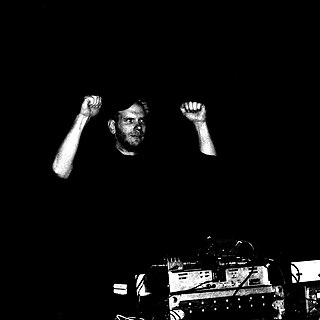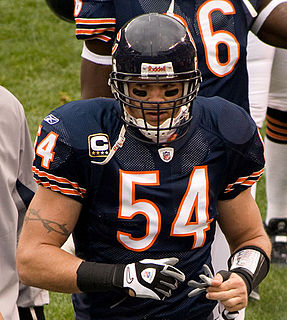A Quote by Elon Musk
I think that's an important thing to do, to really pay attention to negative feedback, and solicit it, particularly from friends. This may sound like simple advice, but hardly anyone does that, and it's incredibly helpful.
Related Quotes
It's been kind of extreme - people either love it or they don't like it at all - and I think that's a good thing. It's my first art project where there's not a middle ground. I find it very interesting. But the negative feedback hasn't at all kept me from doing it, obviously. Because I haven't really gotten any negative feedback that I feel is really warranted.
Pay attention to your friends; pay attention to that cousin that jumps up on the picnic table at the family reunion and goes a little too 'nutty,' you know what I mean? Pay attention to that aunt that's down in the basement that never comes upstairs. We have to pay attention to our friends, pay attention to your family, and offer a hand.
Consider for a moment what you pay attention to all day long. What seems important to you, what do you take for granted and hardly attend to at all? Write it down. Do not judge your answers. Be honest and simple. As you keep track all week long, you'll be amazed at what claims your attention, what you give your precious life force to.
Leaders cannot work in a vacuum. They may take on larger, seemingly more important roles in an organization, but this does not exclude them from asking for and using feedback. In fact, a leader arguably needs feedback more so than anyone else. It's what helps a leader respond appropriately to events in pursuit of successful outcomes.


































